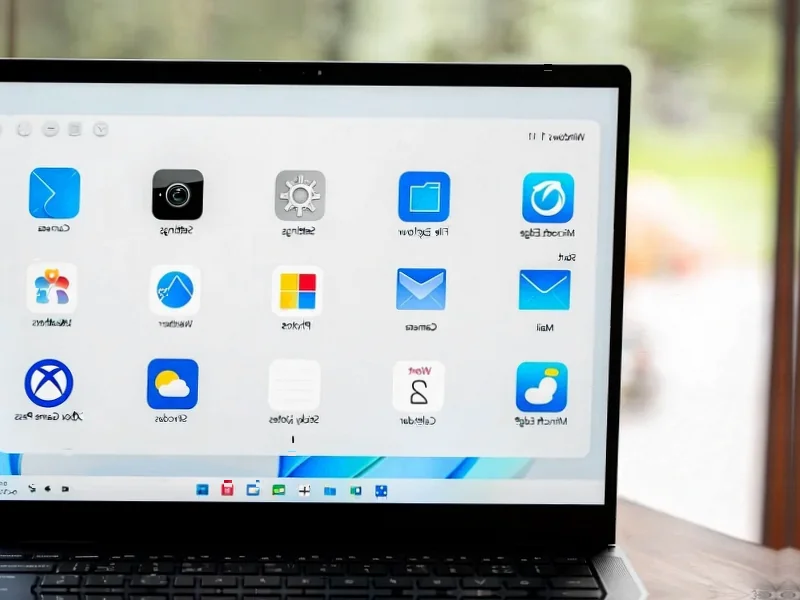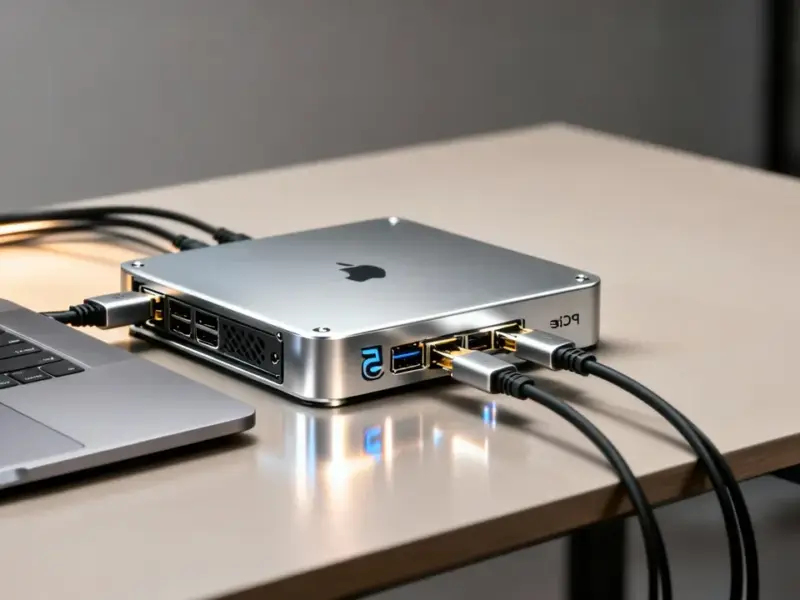According to Windows Central, Samsung is officially bringing its Internet browser app to Windows 11 and Windows 10 PCs through a new beta program available immediately in the United States and South Korea. The browser features full cross-device synchronization including bookmarks, browsing history, and passwords through Samsung Pass, plus AI capabilities like webpage summarization. Built on Chromium, it includes extension support, a built-in adblocker, and Samsung’s signature OneUI design with rounded corners and animated tab overviews. The company expects availability to broaden over the coming weeks and months, with potential pre-installation on Samsung Galaxy laptops running Windows 11.
Why now?
This move feels long overdue. Samsung Internet has been the default browser on Galaxy phones for years, and it’s genuinely good – way better than most people realize. It’s got extension support, dark mode, and now AI features that compete with what Google and Microsoft are doing. So why bring it to Windows now?
I think it’s about ecosystem lock-in. Samsung wants to keep Galaxy phone users in their world, even when they’re on their PCs. If your bookmarks, passwords, and browsing history seamlessly sync between your phone and computer, you’re less likely to jump ship to another Android brand. It’s smart, honestly.
The Chromium question
Here’s the thing: we really don’t need another Chromium-based browser. The market is already flooded with them. Chrome, Edge, Opera, Brave – they’re all Chromium underneath. Samsung Internet joining the party means we’re getting yet another browser that’s fundamentally the same engine with a different skin.
But Samsung might have a fighting chance because of their massive hardware footprint. They sell millions of Galaxy phones, and if they can convert even a fraction of those users to their desktop browser, that’s significant. The cross-device sync is genuinely compelling if you’re already invested in the Samsung ecosystem.
AI features matter
The webpage summarization feature is interesting because it’s one of those AI capabilities that people actually use. Google’s been pushing AI in Chrome hard, and Samsung needs to keep pace. But I wonder how many of these AI features will remain free versus eventually becoming paid additions.
And let’s be real – most people don’t switch browsers for AI features alone. They switch for performance, familiarity, or because it comes pre-installed. Samsung’s betting that the combination of sync, design, and AI will be enough to pull people away from their default browsers.
The real test
So will this actually succeed? The beta is limited to the US and Korea for now, which makes sense for testing. But the real test will be whether Samsung can convince Windows users who don’t own Galaxy phones to give it a shot. That’s the uphill battle.
The official announcement positions this as a seamless cross-device experience, but I’m skeptical about how many people are actively looking for yet another browser option. Still, competition is good, and if Samsung can deliver a genuinely better experience, they might just carve out a niche.
Basically, this feels like Samsung playing catch-up in the ecosystem game that Apple has dominated for years. Whether it works depends entirely on execution and whether the sync features are as seamless as promised. We’ll have to wait and see how the beta shakes out.




